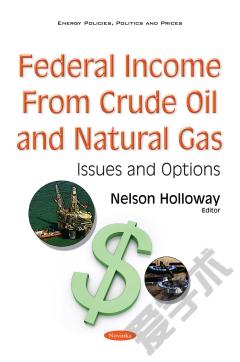Producing Oil and Natural Gas from Shale: Economic and Budgetary Effects
Recent advances in combining two drilling techniques, hydraulic fracturing and horizontal drilling, have allowed access to large deposits of shale resources—that is, crude oil and natural gas trapped in shale and certain other dense rock formations. As a result, the cost of that “tight oil” and “shale gas” has become competitive with the cost of oil and gas extracted from other sources. Virtually nonexistent a decade ago, the development of shale resources has boomed in the United States, producing about 3.5 million barrels of tight oil per day and about 9.5 trillion cubic feet (Tcf) of shale gas per year. This book discusses the economic and budgetary effects of producing oil and natural gas from shale. It also examines the production, infrastructure, and market issues in U.S. shale gas development; and potential budgetary effects of immediately opening most federal lands to oil and gas leasing.
{{comment.content}}








 京公网安备 11010802027623号
京公网安备 11010802027623号